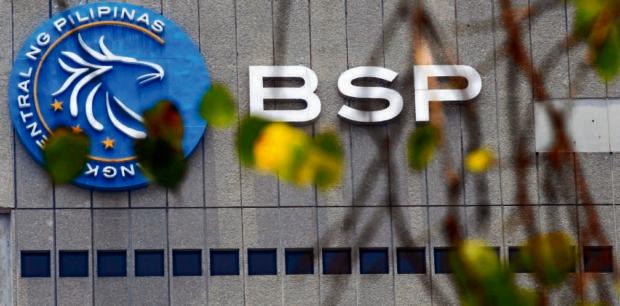Net inflow of FDIs to PH hit 3.5-year low in Sept
MANILA, Philippines — The net inflow of foreign direct investments (FDI) to the Philippines fell by 42 percent to $422 million in September—from $731 million in the same month last year—when high inflation and hawkish monetary policy outlook both here and in major global economies were showing little signs of letting up.
This was the lowest in about three and a half years or since the $314 million recorded in April 2020, according to data from the Bangko Sentral ng Pilipinas (BSP).
Also, the readout for September represents a 46-percent drop from $790 million in August 2023.
The BSP said that, in particular, there was a 48-percent contraction in nonresidents’ net investments in debt instruments, pegged at $238 million from $456 million in September last year.
There was also a 44-percent plunge in nonresident’s investment in equity capital other than reinvestment of earnings, which settled at $105 million from $187 million.
Further, nonresidents’ net reinvestments of earnings eased by 9.9 percent to $79 million from $87 million.
Most of the inflows that went into equity capital placements continued to come from Japan, Singapore, and the United States.
Jan-Sept tally also down
These were invested into companies that were engaged in finance and insurance, construction and manufacturing.
The results for September brought the January-September tally to $5.9 billion, dipping by 15.9 percent from $7 billion in the same period last year.
“FDI declined [during those nine months] on the back of persistent global economic uncertainties, which continued to affect investor decisions,” the BSP said.
READ: Why investments elude us
Reforms needed
In September, inflation in the Philippines renewed an uptrend, prompting the BSP to telegraph plans for further tightening that was announced in October.
Last week, in an update on the World Bank’s economic outlook on the Philippines, the multilateral lenders said the government needed to implement reforms—especially laws that were recently enacted—to boost private investment.
“Persistently high inflation amid volatility in global commodity prices, the high cost of borrowing for businesses and households, and geopolitical uncertainty have affected private investments,” said Ndiamé Diop, World Bank country director for the Philippines.
“Full implementation of key recent reforms is important to mitigate these challenges, stimulate private investment and promote job creation and poverty reduction,” Diop added.
The World Bank was referring to new laws that include amendments to the Public Services Act allowing full foreign ownership of businesses in industries such as airports, railways, expressways and telecommunications; the Retail Trade Liberalization Act lowering the paid-up capital requirement for foreign retail enterprises; the Foreign Investment Act allowing international investors to set up and own domestic enterprises, including micro and small enterprises; and amendments to the implementing rules and regulations of the Renewable Energy Act allowing foreign ownership of renewable energy projects. INQ

